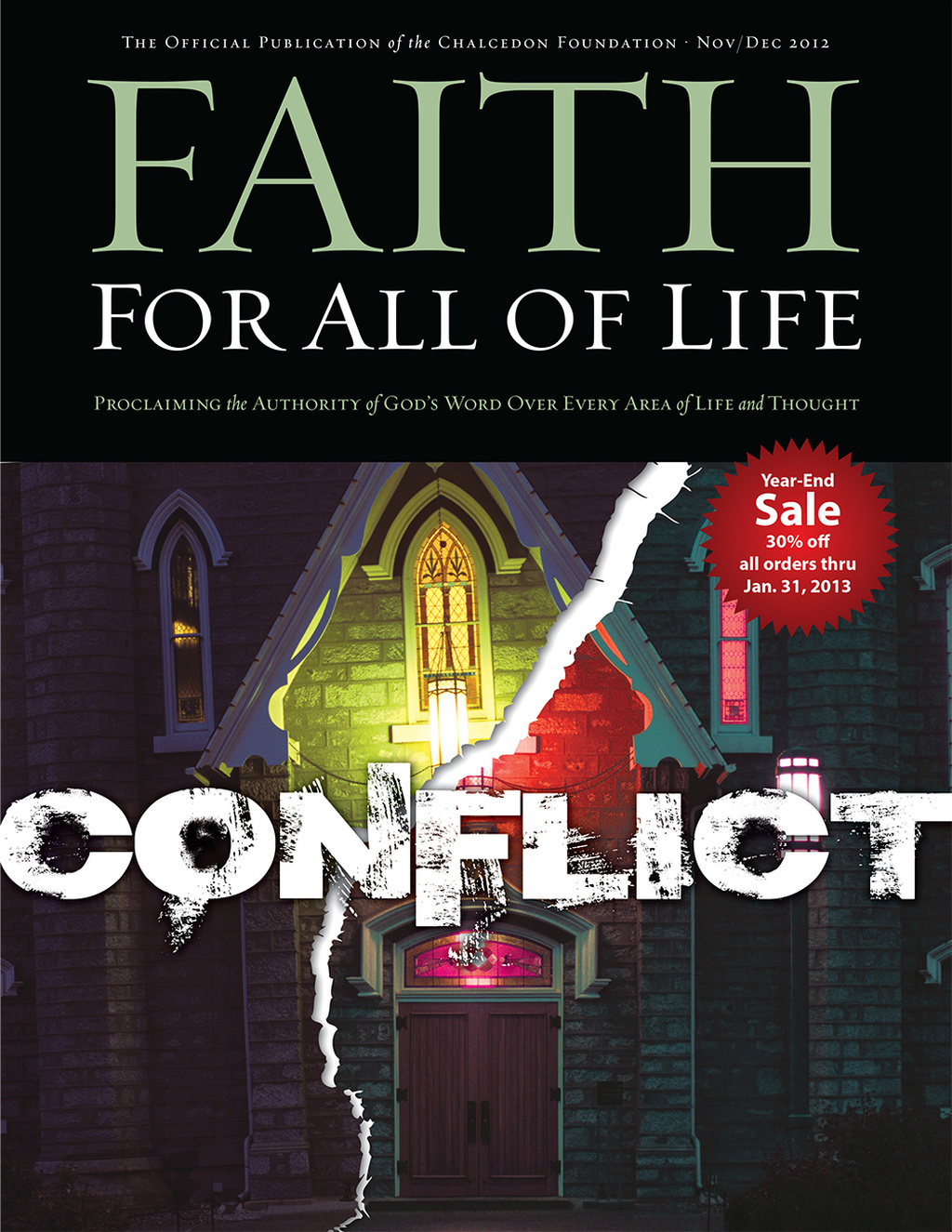
Magazine Issue
Conflict
As Christians deal with conflict biblically, they will need to embrace humility, feel pain, open themselves up to communication and work towards a positive resolution.

As Christians deal with conflict biblically, they will need to embrace humility, feel pain, open themselves up to communication and work towards a positive resolution.